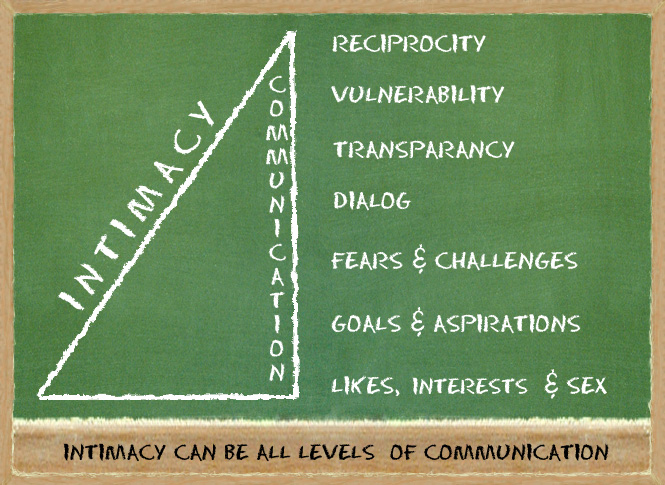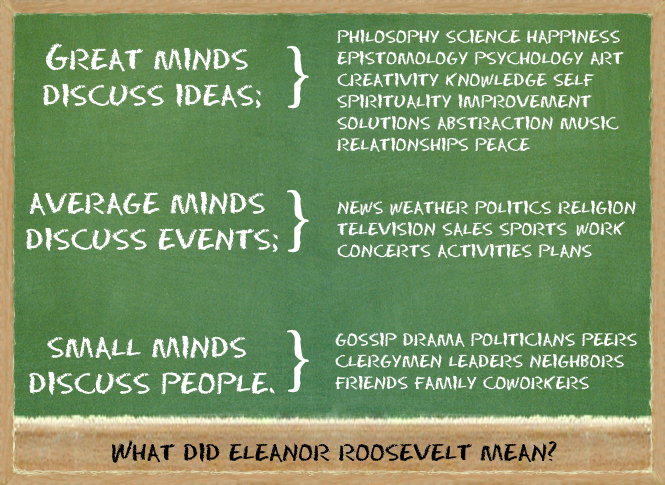I recently watched Guy Richie's Sherlock Holmes and its magnificent sequel, and will admit to being downright smitten with the intimate relationship Holmes and Watson share in this particular interpretation - what is it in the psychology behind the homosociality of bromance buddy-films that endears us to them?
Imagine observing two house painters whose brushstrokes seemed to be playing out a duet on the side of the house. They may be shocked to think that they were engaged in an intimate activity with each other, however from an experiential point of view, they would be very intimately involved.*
Nancy Sherman's [philosophy professor and author] elucidation on Aristotle's intimate nature of friendship helps define the importance of the empathetic "singleness of mind" for a truly intimate relationship - through sharing in argument and in thought. Not just thinking alike, but arriving at similar conclusions through similar processes:
The point is that the friends ?share? a conception of values not merely in that there is significant overlap between the values of the one friend and those of the other, and not merely in that this overlap is maintained through the influence that the friends have on each other. Rather, the values are shared in the sense that they are most fundamentally their values, at which they jointly arrive by deliberating together.[Friends have] the project of a shared conception of eudaimonia [i.e., of how best to live]. Through mutual decisions about specific practical matters, friends begin to express that shared commitment. Any happiness or disappointment that follows from these actions belongs to both persons, for the decision to so act was joint and the responsibility is thus shared.*
It wasn't just the antics Holmes and Watson found themselves embroiled in, nor was it their inherent trust in each other to play to their strengths - it was their attitude in the acknowledgement that the relationship existed; something I used to endeavor to understand about myself and my friends when I was younger, even up to a decade ago - most recently the relationship I had with my hetero-lifemate
 drax0r which I now understand to have also been a very intimate one by the many and varied definitions of both intimacy, and friendship.
drax0r which I now understand to have also been a very intimate one by the many and varied definitions of both intimacy, and friendship.So just what are some of those definitions of intimacy? As already mentioned there is experiential intimacy - a sharing of activities without communicating thoughts or feelings - but being actively engaged with one another nonetheless; unique in the choice with whom we choose to share these activities with, and for what reason. Emotional intimacy is where two or more people can comfortably share their feelings with and/or empathize with each other much as intellectual (cognitive) intimacy is an exchange of thoughts and ideas enjoying similarities and differences between opinions. Both emotional and intellectual intimacy are separated from casual conversations/relationships by a level of comfort in that communication which allows for trust building, introducing vulnerability.
The meaning and level of intimacy varies within and between relationships. Intimacy is considered the product of a successful...process of rapport building that enables parties to confidently disclose previously hidden thoughts and feelings. Intimate conversations become the basis for "confidences" (secret knowledge) that bind people together.*
In short, without first exposing oneself wholly (vulnerability) and without opaque motivation (transparency) and having it returned (reciprocity), intimacy will never be experienced. Ever. No matter how much sex takes place - the lowest common denominator of one possible intimacy which most people confuse as the physical act of penetrative intercourse itself. We all want our cake, and want to eat it too.
Sex is the icing on the cake. Intimacy is the cake.*
My first post on intimacy postulated that dialog, transparency, vulnerability & reciprocity would take on different characteristics upon each level of self-actualization; transparency behind communication during periods in which someone is fearing for their life would differ from those trying to win the respect of their peers, for example. In comparison, this thesis will be on defining the different levels of intimacy, and attempting to structure an order behind them so we can discover why a foundation is so very important to growth and what that growth looks like once it reaches maturation. To that end, I've manifested a illustrative graphic:

Network giant CISCO's Get Intimate at Work presentation uses a common intimacy pyramid to convey how to build trust in a client relationship from a business perspective, but the steps they outline to get there are all the same. In order to advance through the levels, we must first have an authentic foundation. But what is authenticity and how do we identify it? The answer to that was surprisingly found in the periodical Shambhala Sun concerning the nature of being truly genuine:
To be genuine you have to be honest with yourself first, and then with others. Don't make anything up. Just do it. Just be it. Its's pretty straightforward. But being honest with yourself is is not so easy. There's a little think called self-deception that gets in the way.*
Starting at the top, reciprocity is giving and taking selfishly and selflessly - a [mutually beneficial] cycle of Randian ethics; abject communication without repercussion - having individual needs fulfilled while fulfilling the needs of others. Needs cannot be met without exposing one's self to another. To be vulnerable we must be willing to place ourselves in harms way, to acknowledge the potential to be hurt. And this takes mature amounts of emotional fortitude and personal responsibility. This is the same mindset which must also occur at the lowest level - likes, interests & sex. If we cannot be genuine and open at the lowest levels, we will never even reach the higher levels. All pyramids of ascending aspirations work on this principle.
Over time, we deny our needs and replace them with defenses. Then when someone values us, we have to reject him or her. To let ourselves be cherished for who we really are would be to violate our parents' edict that we are flawed, and to arouse our fear that if we do, feel, or think certain things, we'll be neglected and abandoned?in the most primal sense, left to die. So to receive love is to risk death.*
But in attempting to articulate how very unlikely it is the majority of us can honestly self-evaluate, I ran across an interesting psychoanalytical term, alexithymia - a state of deficiency in understanding, processing, or describing emotions. So while the majority of us probably succumb to some degree of self-deception unconsciously, therefore preventing us to be honest even with ourselves - others of us aren't even capable of comprehending our own emotions to evaluate. We must at all times be mindful of what we are feeling.
To end self-rejection, you have to learn to love in another what you hate in yourself.*
Honesty about our likes, dislikes, interests and yes, sex is all about laying a foundation of authenticity, something from which to build on. Its what makes the next level, expressing personal goals and aspirations so fulfilling - genuine interest in each other - a test of compatibility and genuineness. While rejection can come from any level of the pyramid, trust (intimacy) ascends with it, in essence a self-strengthening process, bolstered by honesty of the previous success and anticipation of the next. Fears & challenges then is the first introduction to vulnerability, albeit on a much safer scale. Its the baby-step of climbing the intimacy ladder - topple this and trust topples with it. Yet succeed, and dialog - true back and forth exchange of ideas and information - becomes possible. What are you going to discuss?

Dialog however, is merely the gateway to the transcendent meta-intimacies. That said, I have attempted to structure them to aid in comprehension. Transparency is a complete accountability of self and declaration of motivation - its the "why" behind the facilitation of dialog. Revealing incentive is the first step to vulnerability because it exposes us to criticism. That exposure - even prior to feedback - builds trust, inherent to intimacy. If being transparent is accepted with genuine honesty, full-on vulnerability is a natural progression. I define vulnerability as allowing the true me to be unabashedly judged. For those who can push through the self-deception and self-rejection, for those who can honestly self-evaluate - that's an enormous step. But only by empowering someone else with that knowledge are we truly vulnerable.
When we start shading what we say to keep our relationship calm, we destroy intimacy and desire and diminish our sense of security and self-worth.*
Like every other character-building ground we may gain, it will absolutely require continual, aggressive reevaluation without provocation as a matter of preventative maintenance. Never hitch self-worth to that which can be given or taken away. Those who cannot bear to be judged should never open themselves up for judgement. But for those who can withstand judgement, the gifts are immeasurable.
The highest values [in life] are not learned, they are discovered.*
etta james at last john king obama sings al green heidi klum and seal ohare airport etta james songs east west shrine game
No comments:
Post a Comment
Note: Only a member of this blog may post a comment.